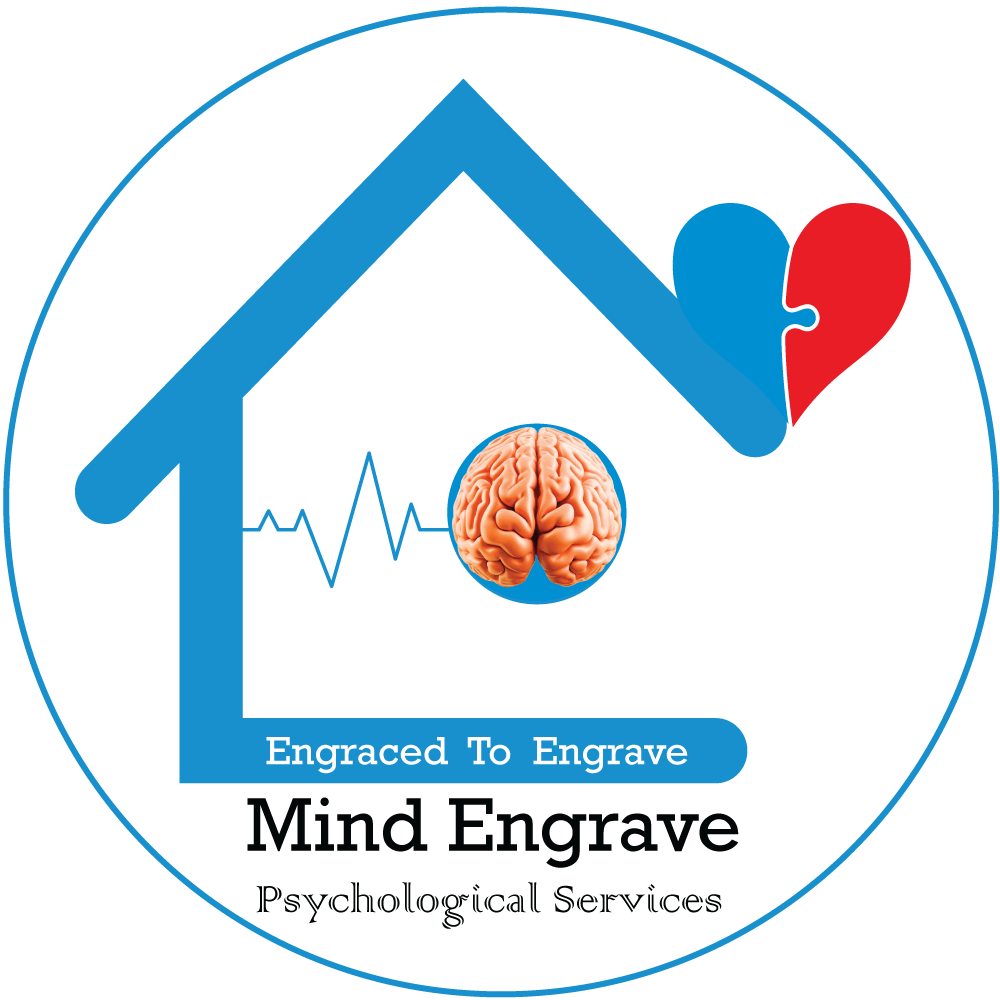Brain Changes During Addiction: The Dopamine Reward Circuit
The mesolimbic dopamine pathway—often termed the brain’s “reward circuit”—is central to both normal motivation and the pathological learning that underlies drug addiction. In healthy brains, the ventral tegmental area (VTA) projects dopaminergic neurons to the nucleus accumbens (NAc), signaling the occurrence of salient, rewarding experiences and promoting learning of adaptive behaviors. Drugs of abuse co‐opt this circuitry by eliciting vastly larger surges of dopamine than natural rewards, reinforcing drug‐seeking behaviors at the expense of other goals [1] [2].
Repeated drug exposure induces neuroplastic adaptations at multiple nodes of this circuit. In the VTA, initial drug‐evoked dopamine release triggers transient changes in synaptic strength, but these alterations typically normalize within days, suggesting that persistent addiction‐related plasticity arises elsewhere [3]. In contrast, the NAc exhibits durable structural remodeling: chronic drug use weakens excitatory synapses on medium spiny neurons, alters spine morphology, and shifts the balance between long‐term potentiation (LTP) and depression (LTD) in ways that promote compulsive drug‐seeking [3]. Such synaptic reorganization “hard‑wires” drug‐associated cues into the reward circuit, rendering environmental triggers potent prompts for craving and relapse—even after prolonged abstinence [1].
Concomitantly, the ability of drugs to elevate dopamine diminishes with persistent use. Clinical imaging studies demonstrate that, in addicted individuals, stimulant administration produces smaller dopaminergic responses than in non‑users, reflecting downregulation of D2 receptors and diminished sensitivity of the reward system [4] [5]. This hypodopaminergic state blunts motivation for natural rewards (e.g., social interaction, food), driving users to ingest larger or more frequent doses in a vain attempt to re‑evoke the initial euphoric “high” [4] [5].
Beyond the basal ganglia, addiction recruits the extended amygdala, a network encompassing the central nucleus of the amygdala and the bed nucleus of the stria terminalis, to mediate negative‐affect states during withdrawal. As drug‐induced dopamine surges wane, stress neurotransmitters such as corticotropin‑releasing factor and dynorphin become overactive, fostering anxiety, irritability, and dysphoria [4] [5]. The dual forces of reduced reward sensitivity (“anti‑reward”) and heightened stress drive a transition from impulsive to compulsive drug‐taking: individuals no longer seek drugs primarily for pleasure but to stave off profound discomfort [4] [5].
The prefrontal cortex (PFC), responsible for executive functions and impulse control, is also compromised in addiction. Chronic drug exposure diminishes PFC activity and disrupts glutamatergic projections to the NAc, eroding decision‑making capacity and self‑regulation [1]. This frontal‐striatal dysregulation further entrenches habitual drug use, as top‑down inhibitory control falters while subcortical reward and stress circuits dominate behavior.
Together, these neuroadaptations engender a powerful learned “reflex”: environmental cues linked to past drug use automatically activate the reward circuit, triggering intense cravings even years into recovery. Neurobiological changes in the VTA, NAc, extended amygdala, and PFC are remarkably persistent, underscoring why addiction is regarded as a chronic, relapsing brain disease rather than a failure of willpower [3] [1].
Understanding these circuit‐level alterations has guided development of targeted therapies—ranging from dopamine‐stabilizing medications to cognitive‑behavioral interventions aimed at strengthening PFC‐mediated control. By illuminating the precise nodes and mechanisms of addiction’s grip on the brain, research on the dopamine reward circuit continues to inform more effective, evidence‑based strategies to prevent relapse and restore healthy function.

Odusanya Adedeji
Odusanya Adedeji A., is a Licensed & Certified Clinical Psychologist whose domain of expertise cuts across management of specific mental health issues such as, Depression, PTSD, Anxiety & Anxiety related disorders, substance use disorder, etc






